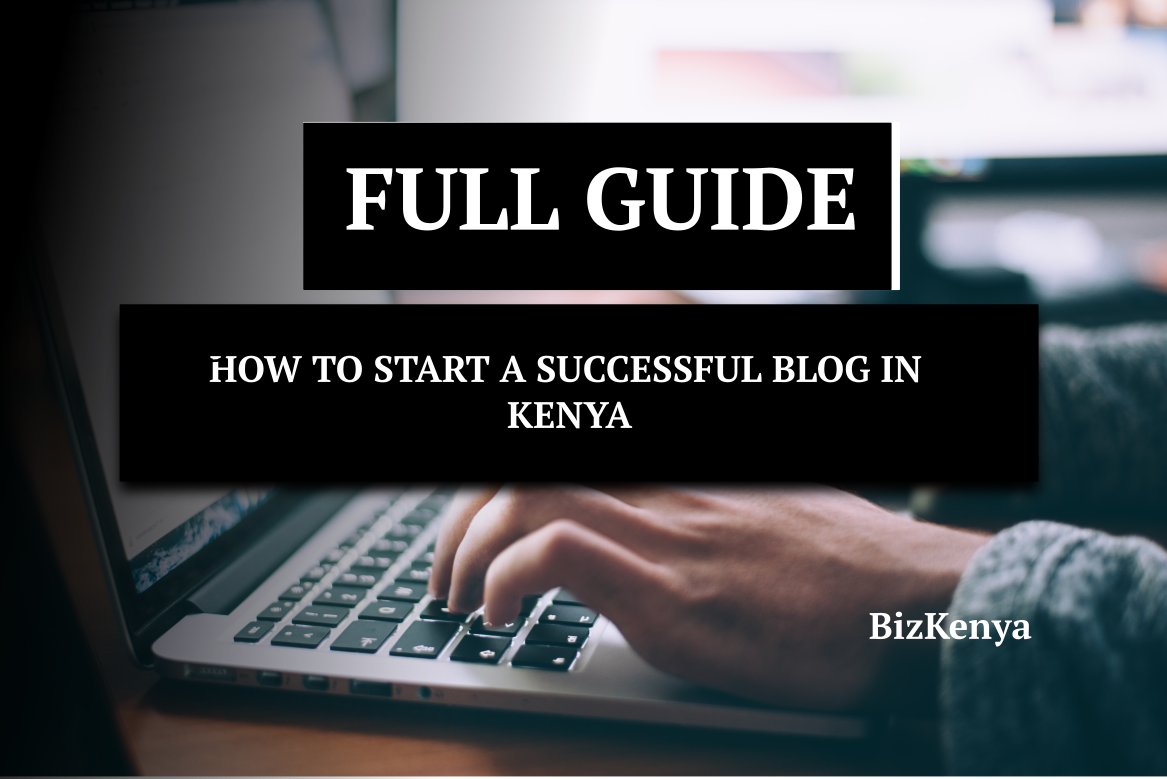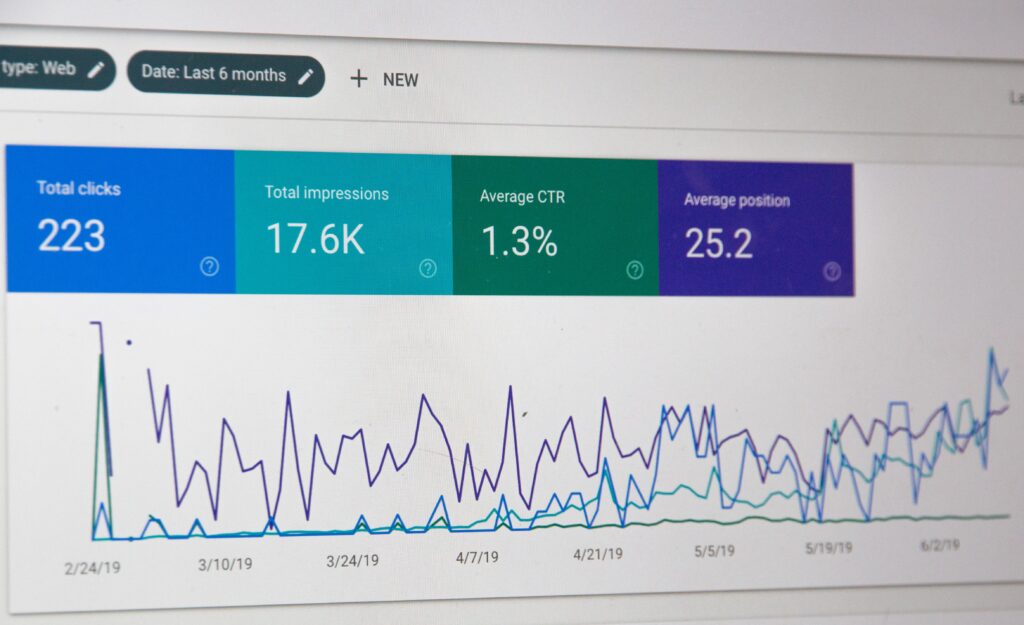
How to Start a Blog in Kenya
How to Start a Blog in Kenya – Introduction
Blogging has become a popular way for individuals in Kenya to share their passions, expertise, and experiences with a Kenyan and global audience. If you’ve been considering starting a blog, this ultimate guide will walk you through the step-by-step process of how to start a blog in Kenya. Whether you want to share your travel adventures, culinary expertise, or personal stories, we’ve got you covered. So, let’s dive into the exciting world of blogging!
1. Understanding the Purpose of Your Blog in Kenya
Starting a blog in Kenya begins with a clear understanding of its purpose. Ask yourself why you want to start a blog in Kenya and what message you want to convey to your readers. Your purpose will define your target audience and guide your content creation strategy.
In Kenya, bloggers cover a wide range of topics, from travel and food to technology and lifestyle. Identify your passion and expertise, as this will be the foundation of your blog’s success.
Read More: How to Start and Succeed in Online Business in Kenya
2. Choosing the Right Blogging Platform
Selecting the right blogging platform is crucial for a seamless blogging experience. The most popular platforms include WordPress, Blogger, and Wix. Each platform has its strengths and weaknesses, so consider factors such as ease of use, customization options, and available plugins.
WordPress is widely used and highly customizable, making it a top choice for many bloggers. Blogger, on the other hand, is user-friendly and ideal for beginners, while Wix offers visually appealing templates and drag-and-drop functionality.
Learn WordPress
3. Selecting a Domain Name
Your blog’s domain name is its unique online identity. Choose a domain name that aligns with your blog’s niche and is easy to remember. Keep it short, relevant, and representative of your content. Once you’ve decided on a domain name, check its availability and register it through a domain registrar. If you are targeting the Kenyan market, Consider using yourblog.co.ke domains.
4. Web Hosting and Installation
To make your blog accessible on the internet, you’ll need web hosting. Web hosting companies provide server space and resources for your blog to operate smoothly. Look for reputable hosting providers with good customer support and competitive pricing. Kenya has several web hosting providers like Truehost and Hostpinnacle.
After obtaining hosting, install your chosen blogging platform. Many hosting providers offer one-click installations, making the process quick and straightforward.
5. Customizing Your Blog’s Look and Feel
The appearance of your blog plays a significant role in attracting and retaining readers. Choose a visually appealing theme that aligns with your blog’s niche and personality. Customization options may vary depending on your chosen platform, so explore available themes and templates.
Ensure your blog is user-friendly and responsive on various devices, especially smartphones, and tablets. A mobile-friendly design is crucial for engaging modern audiences.
6. Crafting High-Quality Content
The heart of any successful blog is high-quality content that resonates with readers. As a blogger, you are a storyteller, educator, or entertainer. Use your unique voice and writing style to connect with your audience and leave a lasting impression.
Start by brainstorming topics that interest you and your target audience. Plan your content calendar and stick to a consistent posting schedule. This helps build anticipation and keeps readers coming back for more.
7. Incorporating Engaging Visuals
In today’s visually-oriented world, blog posts with engaging visuals perform better. Use images, infographics, and videos to enhance your content and break up long blocks of text. Visuals not only make your blog more appealing but also help convey complex ideas in a simple manner.
Ensure that the images you use are high-quality and relevant to your content. Avoid using copyrighted material without proper permission.
8. Utilizing SEO Techniques
To reach a wider audience and attract organic traffic, you need to implement Search Engine Optimization (SEO) techniques. SEO involves optimizing your blog content and structure to rank higher on search engine results pages.
Start by conducting keyword research to identify relevant and popular search terms related to your blog’s niche. Incorporate these keywords naturally into your blog posts, titles, meta descriptions, and image alt tags.
Link building is another essential aspect of SEO. Reach out to other bloggers and websites for guest posting opportunities and backlinks.
9. Building a Solid Social Media Presence
Social media is a powerful tool for promoting your blog and engaging with your audience. Create profiles on popular platforms like Facebook, Twitter, Instagram, LinkedIn, and Pinterest. Share your blog posts regularly and interact with your followers.
Each social media platform has its own best practices and audience demographics. Tailor your content and approach accordingly to maximize your reach and impact.
10. Networking with Other Bloggers in Kenya
Blogging doesn’t have to be a solitary endeavor. Building relationships with other bloggers can lead to collaboration opportunities, increased exposure, and valuable insights.
Engage with the blogging community by leaving thoughtful comments on other blogs, participating in blogging events, and attending meetups or conferences. Networking with fellow bloggers can open doors to exciting partnerships and guest posting opportunities.
Start a blog in Kenya by Partnering with BizKenya.
Monetizing Your Blog
While many bloggers start as a hobby, some eventually seek ways to monetize their blogs. Several methods can be used to generate income from your blog:
- Display Ads: Partner with ad networks like Google AdSense to display ads on your blog. You earn money based on ad impressions and clicks.
- Affiliate Marketing: Promote products or services from other companies and earn a commission for each sale or lead generated through your unique affiliate links.
- Sponsored Content: Collaborate with brands or companies to create sponsored posts, reviews, or endorsements. Ensure transparency with your audience by disclosing sponsored content.
- Digital Products: If you have valuable expertise, consider creating and selling digital products like eBooks, courses, or templates.
- Services: Leverage your blog to offer consulting, coaching, or freelance services based on your niche.
Monetizing a blog takes time and effort. Focus on building a loyal audience and producing valuable content before delving into monetization strategies.
Tracking Performance with Analytics
To understand your blog’s performance and audience behavior, utilize website analytics tools like Google Analytics. Analyze crucial metrics such as page views, bounce rate, time on site, and conversion rates.
Monitoring your analytics data provides valuable insights into which blog posts are resonating with your audience, which marketing channels are most effective, and which areas for improvement.

Dealing with Challenges and Staying Motivated
Blogging, like any creative pursuit, can have its challenges. Writer’s block, lack of motivation, and occasional negative feedback are part of the journey. Stay committed to your passion, and remember that perseverance is key to overcoming obstacles.
Seek inspiration from other bloggers, books, or your own life experiences. Take breaks when needed, and never hesitate to ask for support from your blogging community or friends.
We hope you got the idea of how to start a blog in Kenya. We wish you the best of luck!! Happy blogging.


